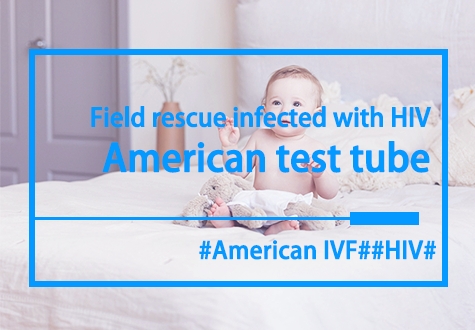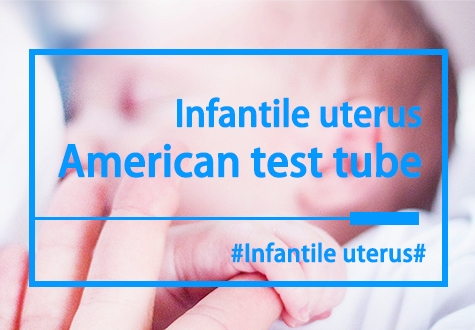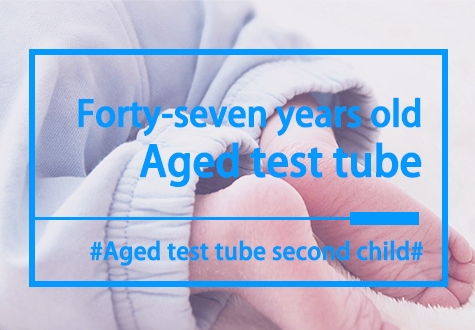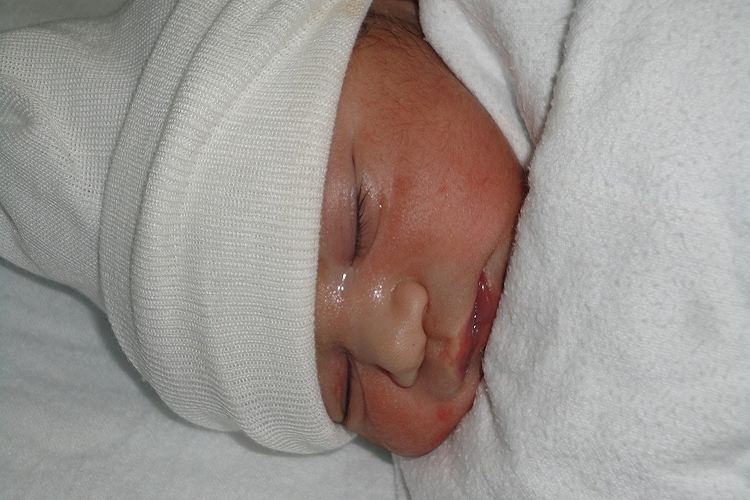Why is tube transplantation not implantable?
Embryo transfer is a key step in IVF. In this step, the cultured embryo is transferred into the woman's uterus in the hope of successfully implanting and starting a new life. However, sometimes the embryo fails to attach successfully to the lining of the uterus, resulting in non-implantation, which is one of the main reasons for IVF treatment failure.

Common reasons for non-implantation of tube transplantation
1. Embryo quality problem
The quality of embryo is one of the important factors affecting the success rate of implantation. Poor quality embryos have limited developmental potential and are unable to grow properly in the womb, eventually leading to non-implantation. The quality of embryo is closely related to the quality of egg and sperm, so high-quality sperm-egg combination is the basis to improve the success rate of implantation.
2. Poor endometrial environment
The health of the endometrium directly affects the implantation of the embryo. Several factors may contribute to a poor endometrial environment:
Too thin or too thick: The ideal endometrial thickness is between 8 and 12 mm. Too thin or too thick a lining may prevent implantation.
Endometrial injury or lesion: such as endometritis, endometriosis, etc., will affect the smooth implantation of embryos.
Uterine malformations: Uterine malformations such as mediastinum, endometrial polyps, etc., may also lead to difficult implantation of embryos.
3. Hormone imbalance
Proper hormone levels are essential for implantation of the embryo. The balance of estrogen and progesterone needs to be regulated before embryo transfer. If the hormone level in the body is abnormal, such as luteal insufficiency, thyroid dysfunction, etc., it will affect the implantation and development of the embryo.
4. Immune factors
Abnormalities in the immune system may also lead to implantable embryos. For example, autoimmune diseases, antiphospholipid antibody syndrome and other immune factors may attack the embryo or affect the normal function of the endometrium, resulting in the embryo cannot be successfully implanted.
5. Lifestyle and mental state
An unhealthy lifestyle and excessive psychological stress can also affect the implantation of embryos. Smoking, drinking, irregular schedules and poor diet can all reduce the rate of implantation. In addition, excessive psychological stress can also indirectly lead to imimplantation by affecting hormone levels.
How to improve the success rate of embryo implantation?
1. Improve embryo quality
The selection of high-quality sperm and eggs is the basis for improving the quality of embryos. In IVF treatment, doctors will screen out high-quality embryos through scientific means to increase the success rate of implantation.
2. Optimize the endometrial environment
The condition of endometrium can be improved through reasonable treatment. For example, the doctor may use drugs or surgery to adjust the thickness and health of the uterine lining to ensure it is suitable for implantation and development of the embryo.
3. Regulate hormone levels
In the course of IVF treatment, doctors will regulate the hormone levels in the woman's body through drugs to ensure the balance of estrogen and progesterone, so as to facilitate the smooth implantation of the embryo.
4. Improve the immune environment
For patients with immune system problems, doctors may take special treatments, such as immunosuppressants, low molecular weight heparin, etc., to regulate the immune system and avoid its attack on the embryo.
5. Maintain a healthy lifestyle and attitude
A healthy lifestyle helps to improve the implantation rate of embryos. It is recommended to quit smoking and drinking, maintain a regular schedule, and eat a balanced diet. In addition, relaxing the mind and avoiding excessive anxiety and stress also contributes to the smooth implantation of the embryo.
There are a variety of reasons for non-implantation, including embryo quality issues, poor endometrial environment, hormone level imbalances, immune factors, and unhealthy lifestyle and psychological status. By improving embryo quality, optimizing endometrial environment, regulating hormone level, improving immune environment and maintaining healthy lifestyle and mentality, the success rate of implantation of embryos can be effectively improved. I hope that every family that tries IVF technology can realize the dream of childbearing and usher in the arrival of new life.














